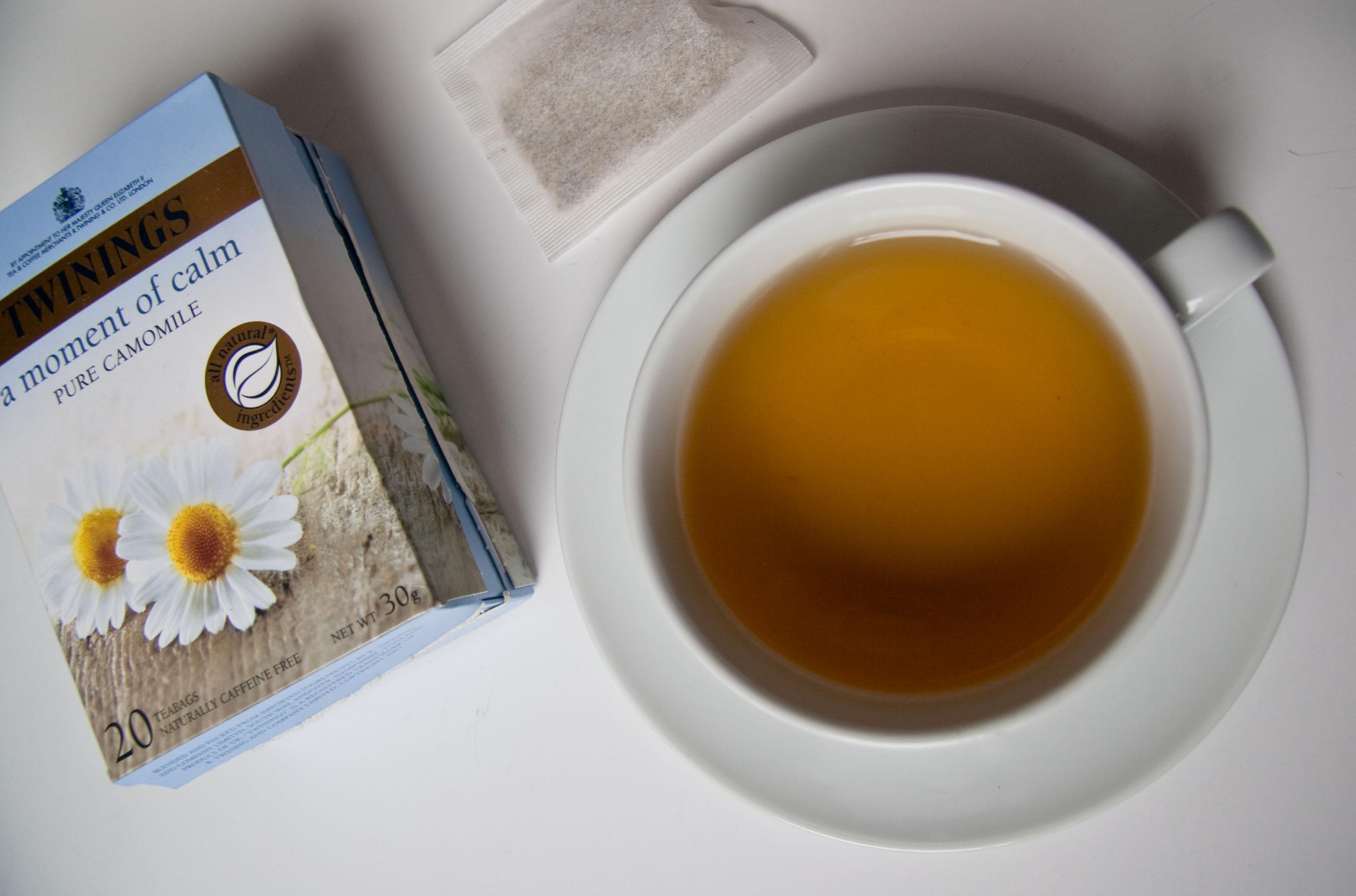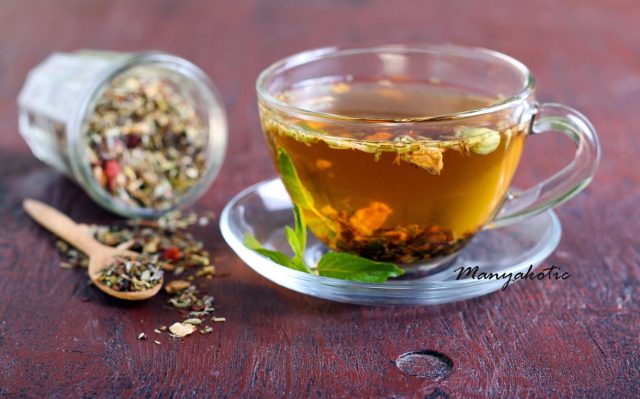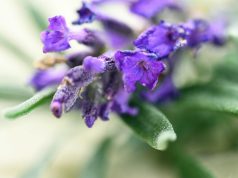In today’s fast-paced world, where stress and lifestyle choices can often disrupt our body’s natural balance, many individuals find themselves grappling with hormonal imbalances. These imbalances can manifest in various ways, affecting mood, energy levels, and overall well-being. While modern medicine offers numerous solutions, some people are turning to age-old remedies for gentle and holistic support. Herbal teas, cherished for centuries across different cultures, offer a natural path to restoring hormonal harmony. In this article, we will explore how these soothing brews can serve as allies in your journey towards balance. With empathy and understanding, we aim to guide you through the potential benefits of specific herbs and how to incorporate them into your daily routine, empowering you to take charge of your health in a natural and mindful way.
Understanding Hormonal Imbalance and Its Impact on Well-being
Hormonal imbalance can manifest through various symptoms, including fatigue, mood swings, weight gain, and disrupted sleep patterns. These imbalances often arise from stress, poor diet, or environmental factors. Luckily, nature offers a plethora of herbal teas that can help restore balance and enhance overall well-being. Here’s a closer look at some effective options:
- Chamomile Tea: Known for its calming properties, chamomile tea can help reduce stress and improve sleep quality, which is crucial for maintaining hormonal balance.
- Spearmint Tea: Often used to lower androgen levels, spearmint tea can be beneficial for those experiencing hormonal acne or polycystic ovary syndrome (PCOS).
- Ginger Tea: With its anti-inflammatory properties, ginger tea aids in digestion and helps stabilize insulin levels, playing a role in balancing hormones.
- Raspberry Leaf Tea: Traditionally used to support reproductive health, raspberry leaf tea can help regulate menstrual cycles and alleviate PMS symptoms.
| Herbal Tea | Main Benefit | Best Time to Consume |
|---|---|---|
| Chamomile | Reduces stress | Before bedtime |
| Spearmint | Lowers androgens | Morning or afternoon |
| Ginger | Stabilizes insulin | After meals |
| Raspberry Leaf | Regulates cycles | Morning |
Incorporating these herbal teas into your daily routine can be a gentle yet effective way to support your hormonal health. Always remember to listen to your body and consult with a healthcare professional, especially if you have underlying health conditions or are pregnant.

Exploring the Healing Properties of Herbal Teas for Hormonal Balance
Herbal teas have been cherished for centuries not just for their comforting warmth but also for their potential to support hormonal harmony. Chamomile tea is known for its calming effects and ability to ease stress, which can be a major factor in hormonal imbalance. Peppermint tea may help manage symptoms of polycystic ovary syndrome (PCOS) by potentially lowering testosterone levels. Similarly, red raspberry leaf tea is often praised for its role in supporting menstrual health and toning the uterus.
- Chamomile Tea – Helps reduce stress and improve sleep quality.
- Peppermint Tea – May lower testosterone levels in women with PCOS.
- Red Raspberry Leaf Tea – Supports menstrual health and uterine strength.
To help you choose the right herbal tea, here’s a quick guide:
| Herbal Tea | Potential Benefits |
|---|---|
| Chamomile | Reduces stress and anxiety, promotes relaxation. |
| Peppermint | May reduce excess testosterone, aids digestion. |
| Red Raspberry Leaf | Supports menstrual cycle regulation, strengthens uterine muscles. |

Choosing the Right Herbal Tea: Personalized Recommendations for Your Needs
Discovering the ideal herbal tea to support hormonal balance can be a soothing journey of self-care. It’s important to consider your unique symptoms and preferences when selecting a tea blend. Here are some personalized recommendations to guide you:
- For Stress and Anxiety: Consider teas with adaptogenic herbs like Ashwagandha or Rhodiola, which help the body adapt to stress. Chamomile is another excellent choice for its calming effects.
- For Menstrual Discomfort: Raspberry Leaf Tea is renowned for supporting uterine health and easing menstrual cramps. Pair it with Ginger Tea to enhance anti-inflammatory benefits.
- For Energy and Vitality: Look for Maca Root Tea, known for its energizing properties, or try Green Tea for a gentle caffeine boost combined with antioxidant benefits.
| Symptom | Herbal Tea | Key Benefit |
|---|---|---|
| Hot Flashes | Black Cohosh Tea | Helps regulate estrogen levels |
| Insomnia | Valerian Root Tea | Promotes restful sleep |
| Digestive Issues | Peppermint Tea | Soothes digestive tract |
Remember, the journey to hormonal balance is personal. Start by experimenting with these herbal teas, observing how they make you feel, and adjusting based on your body’s responses. Always consult with a healthcare provider if you’re unsure which herbs may be best for you.

Incorporating Herbal Teas into Your Daily Routine for Lasting Benefits
Discovering the right herbal teas can be a game-changer for those seeking to naturally balance hormones. These soothing brews not only provide a calming ritual but also deliver powerful compounds that can help regulate hormonal fluctuations. Integrating these into your daily routine can be a delightful and effective way to support your body’s natural processes.
- Chasteberry Tea: Known for its ability to support progesterone levels, chasteberry can be particularly beneficial for women experiencing PMS or menopause symptoms.
- Spearmint Tea: Regular consumption has been linked to reducing elevated androgen levels, making it a popular choice for those dealing with polycystic ovary syndrome (PCOS).
- Red Clover Tea: Rich in isoflavones, this tea mimics estrogen in the body, providing relief from hot flashes and other menopausal symptoms.
| Herbal Tea | Primary Benefit | Best Time to Drink |
|---|---|---|
| Chasteberry | Supports progesterone levels | Morning |
| Spearmint | Reduces androgen levels | Afternoon |
| Red Clover | Relieves menopausal symptoms | Evening |
By weaving these herbal teas into your daily life, you create a nurturing habit that not only supports hormonal balance but also enhances overall well-being. Enjoy the soothing embrace of these natural remedies and allow them to become a cherished part of your wellness journey.








































